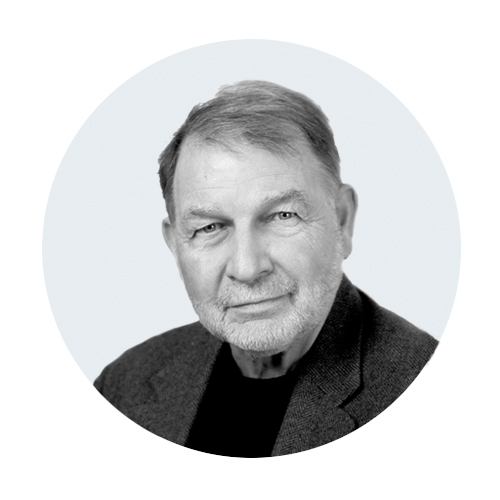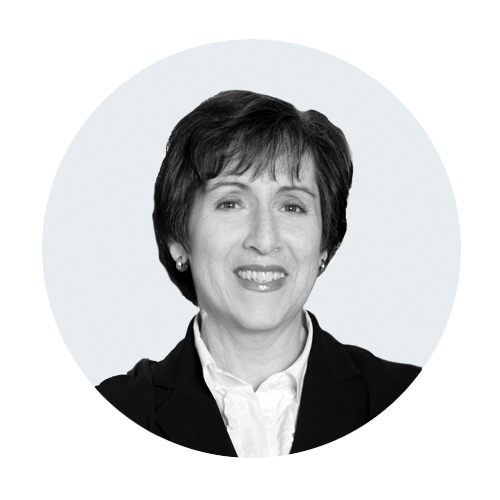Introduction
by Alan Broadbent and Enid Slack
So often at election time, policy discussions on important issues facing our city and region take a back seat to catchy sound bites (or tweets) and debates about personalities. But elections should be about more than that.
In his book Frontier City, Shawn Micallef argues that “a city election is like a civic autopsy.” Elections are a time to take a collective assessment of our community and ask questions – often uncomfortable questions – about the places we live and the environment we are creating for those who live here. Elections provide an opportunity to talk about transit, poverty, inequality, governance, community planning, affordable housing, the economy, and about how we are going to pay for all of the services and infrastructure that people expect local governments to deliver.
These subjects do not always make for easy conversations, but elections are a time to probe our civic life and assess our progress – or lack of it – since the last election. Where do we want to go and how do we get there?
At the Institute on Municipal Finance and Governance, we have always tried to enhance the debate on municipal issues, not only at election time, but throughout the year. We do this through our research paper series and by convening experts to discuss municipal finance and governance issues. This pre-election series is part of our mandate to stimulate public discourse. To this end, we have assembled some of the big thinkers in the Toronto region to share their ideas about the city and region that they would like to see in the future.
Our instructions to the authors were simple: give us your big idea for the city or region. What would you change if given the chance? We encouraged them be bold, yet to ground their idea in the current institutional and fiscal context of Ontario municipalities. We asked them for ideas that could overcome the usual confines of political campaigns. What issues should we be focusing on at election time? What would make our region more livable, healthy, and economically vibrant? How might we pay for and implement these big ideas? In this task, the authors all delivered magnificently.
As you read these short papers, you will see that we have covered a wide range of themes – transportation, housing, homelessness, youth, neighbourhoods, Indigenous peoples, mental health, decent work, policing, universities, arts and culture, and regional and local governance.
The ideas that emerged include many that could be implemented by the next municipal council, such as:
- reforming Toronto’s municipal council by limiting councillors to a maximum of two five-year terms;
- using Toronto’s power in hiring and procurement to improving working conditions for residents;
- ensuring that all Toronto residents have a right, not just to housing, but to basic shelter;
- including Indigenous voices in municipal decision making;
- working with other municipalities in the region on matters that cross municipal boundaries, such as transit;
- ending the expensive and pointless practice of fining poor people for minor infractions of the law;
- providing more effective support for vulnerable youth.
Some of these ideas simply require doing things in a new way; others need investment. All of them depend on an effective relationship with the province and stable municipal government structures.
For those that need funding, we need to ask tough questions about how much we are willing to pay to make the city better and stronger. As we noted in an IMFG paper on Toronto’s fiscal health before the 2014 municipal election, property taxes, when adjusted for population and inflation, have not been increasing in the City of Toronto, although they have increased in many of the other municipalities in the Greater Toronto and Hamilton Area (GTHA). Are we willing to pay more property taxes to get the city we want? Should cities in the GTHA be able to access other revenue sources such as income and sales taxes to pay for the services and infrastructure we need?
We designed this series to add to the dialogue leading up to this election and tap into the ideas of some of Toronto’s most respected leaders. Now is the time for you to inject some of your own big thinking into the campaign. As you read these submissions, add your own ideas about the city and region you want to see in the future. Then ask the candidates running for office where they stand on these issues. We hope this series helps you do that.

Alan Broadbent is Chairman of the Institute on Municipal Finance and Governance, Chairman and Founder of Maytree, and Chairman and CEO of Avana Capital Corporation. He co-founded and chaired the Caledon Institute of Social Policy (1992–2017) and chairs the Tamarack Institute for Community Engagement, Sustainalytics Holdings B.V., and the Toronto Inner-City Rugby Foundation. He is Senior Fellow and Chair of the Governing Board of Massey College, Member of the Governors’ Council of the Toronto Public Library Foundation, Board Member at Jazz.FM, Member of the Order of Canada, and recipient of the Queen’s Diamond Jubilee Medal.

Enid Slack is one of Canada’s foremost experts in municipal finance, Director of the Institute on Municipal Finance and Governance, and Adjunct Professor at the Munk School of Global Affairs and Public Policy at the University of Toronto. Enid has been working in the field of municipal finance for more than 35 years and is respected nationally and internationally for her research on property taxes and other aspects of municipal finance.
